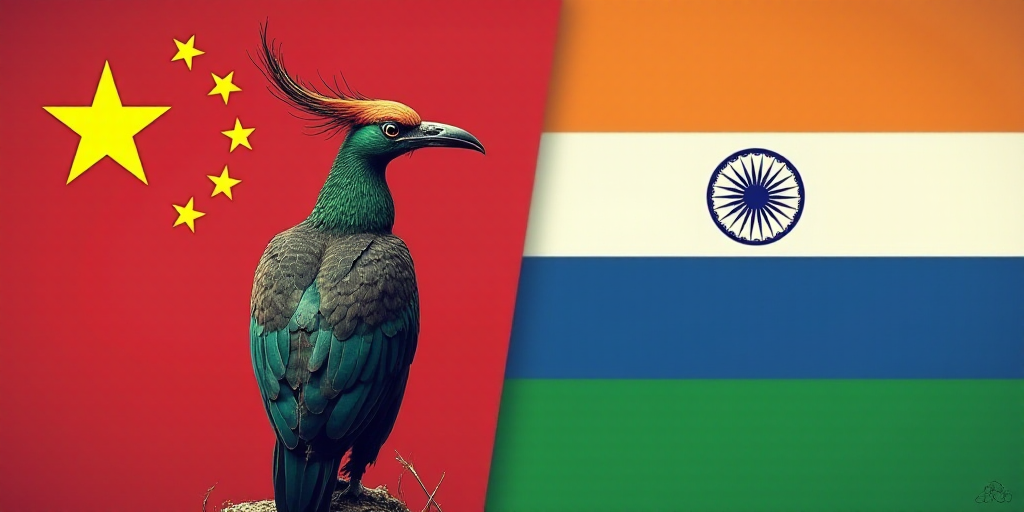Who is Antonio Tajani?
Antonio Tajani is the Vice Prime Minister of Italy and also serves as the Minister of Foreign Affairs and International Cooperation for the Italian Republic. His role involves representing Italy in international negotiations and fostering diplomatic relations with other countries.
Background on the EU-Mexico Trade Agreement
The European Union (EU) and Mexico have an existing free trade agreement, known as the EU-Mexico Trade Agreement (TLCUEM). This agreement aims to facilitate trade between the two parties by reducing tariffs and promoting economic cooperation.
Tajani’s Prediction
During his participation in the Mexico-Italy Business Forum in Mexico City, Tajani estimated that the modernization of the TLCUEM would be signed in 2025. He expressed optimism about the prospects of finalizing the agreement, stating that it would benefit all parties involved without imposing barriers on businesses.
Key Objectives of the Modernized TLCUEM
The modernized TLCUEM aims to achieve several key objectives:
- Expanded Market Access in Agriculture and Fisheries: The agreement seeks to broaden market access in the agricultural and fisheries sectors, creating opportunities for increased exports on both sides.
- Investment Provisions: It harmonizes investment-related regulations, ensuring a more predictable business environment.
- Trade Facilitation Chapter: The agreement establishes a chapter dedicated to simplifying trade procedures and reducing bureaucratic hurdles.
- Anti-Monopoly Measures: It guarantees that there will be no monopolies for the export and import of raw materials, promoting fair competition.
- Digital Trade Chapter: The agreement includes provisions for digital trade, addressing e-commerce and data flow issues.
Benefits for Mexico and the EU
The modernized TLCUEM will provide Mexico with better market access for products such as orange juice, tuna, asparagus, honey, and egg white albumin. It also ensures equitable access for meat products, including chicken.
In return, Mexico will eliminate tariffs of up to 100% on significant EU export products like cheese, poultry, pork, pasta, apples, jams and marmalades, chocolate, and wine. Additionally, Mexico will extend protection to 568 European traditional and iconic products (Indications of Geographical Origin).
Contextualizing Tajani’s Remarks
Tajani emphasized the importance of trade in fostering peace, especially in light of recent trade tensions imposed by former U.S. President Donald Trump.
“Where there is trade, there are no weapons. That’s why I believe that promoting trade is part of a strategy for peace,” Tajani commented.
He also addressed Mexico’s challenges with organized crime, suggesting that Italy could share its expertise in combating such issues.
“I believe we can export our know-how in fighting organized crime to Mexico,” Tajani stated.
He referenced the words of Judge Giovanni Falcone, who famously said, “We need to follow the money” when discussing how to combat criminal organizations.
Strengthening Bilateral Ties
Mexico’s Secretary of Economy, Marcelo Ebrard, echoed Tajani’s sentiments and highlighted the potential for collaboration between Mexico and Italy in various sectors, including naval, aeronautical, metal-mechanical industries, artificial intelligence, semiconductors, and the automotive industry.
Key Questions and Answers
- What is the EU-Mexico Trade Agreement (TLCUEM)? It is a free trade agreement between the European Union and Mexico that aims to facilitate trade by reducing tariffs and promoting economic cooperation.
- When is the modernization of TLCUEM expected to be signed? According to Italian Vice Prime Minister Antonio Tajani, the modernized agreement is expected to be signed in 2025.
- What are the key objectives of the modernized TLCUEM? The agreement aims to expand market access in agriculture and fisheries, harmonize investment provisions, create a trade facilitation chapter, ensure no monopolies for raw material exports and imports, and establish a digital trade chapter.
- What benefits will Mexico and the EU gain from the modernized TLCUEM? Mexico will have better market access for specific products, while the EU will eliminate tariffs on significant Mexican exports. Both parties will also benefit from improved regulations in various sectors.
- What did Antonio Tajani say about trade and peace? Tajani emphasized that trade fosters peace, stating, “Where there is trade, there are no weapons. That’s why I believe that promoting trade is part of a strategy for peace.”
- How can Italy contribute to Mexico’s fight against organized crime? Tajani suggested that Italy could share its experience in combating organized crime, referencing Judge Giovanni Falcone’s advice to “follow the money” when tackling criminal networks.






